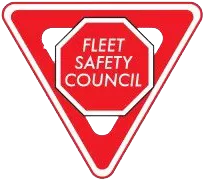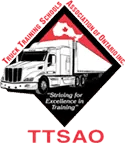The ongoing COVID-19 pandemic has changed the day-to-day lives of truck drivers while choking off the types of affordable and healthy meal options available to them on the road, according to a coalition of trucking groups.
Prior to COVID-19, truck drivers had many more options to rest and eat, including cost efficient, full-menu or buffet-style establishments where they could pick and choose a variety meal options based on price, value and dietary needs.
Understandably, sit-down service and buffet options have been closed with no foreseeable date of return. The constrained supply of restaurants has left drivers with less healthy and more expensive options, which have only escalated in price since the outbreak of COVID-19 – especially in the more remote areas many truckers find themselves while on the road.
Food safety experts in recent media interviews are warning that buffet tables pose a major risk of spreading the virus because of how often people come into contact with the food and surfaces. While Restaurants Canada doesn’t think buffet services are over indefinitely, it says the industry will have to evolve and innovate to make people feel safe.
Meanwhile, Canada’s frontline workers who are moving the North American economy are seeing their meal costs soar, with options extremely limited and with no relief in sight.
“I’m on the road every week across North America and the cost of food has not only skyrocketed, but the choices are extremely limited. It’s mostly packaged fast food,” said Johanne Couture of OOIDA, a long-haul truck driver with 26 years of experience “With the closure of economically priced restaurants catering specifically to truck drivers, the cost of buying lunch or dinner has jumped by 50 to 80 percent – and that’s not taking into account the higher currency exchange while in the U.S.”
A coalition made up of the Canadian Trucking Alliance (CTA), OOIDA, Teamsters Canada, Women’s Trucking Federation of Canada and Private Motor Truck Council of Canada are asking the federal government to increase the meal allowance for truck drivers, as well as the introduction of a payroll remittance program for trucking companies suffering from cash flow constraints.
“This international coalition of trucking interests believes that our essential frontline drivers and carriers – who are working hard delivering crucial products so Canadians can stay safe – require specific relief measures from government,” says CTA president Stephen Laskowski. “Our essential workers deserve this support. CTA and the other members of the coalition will continue to make this issue front and centre in Ottawa.”



















